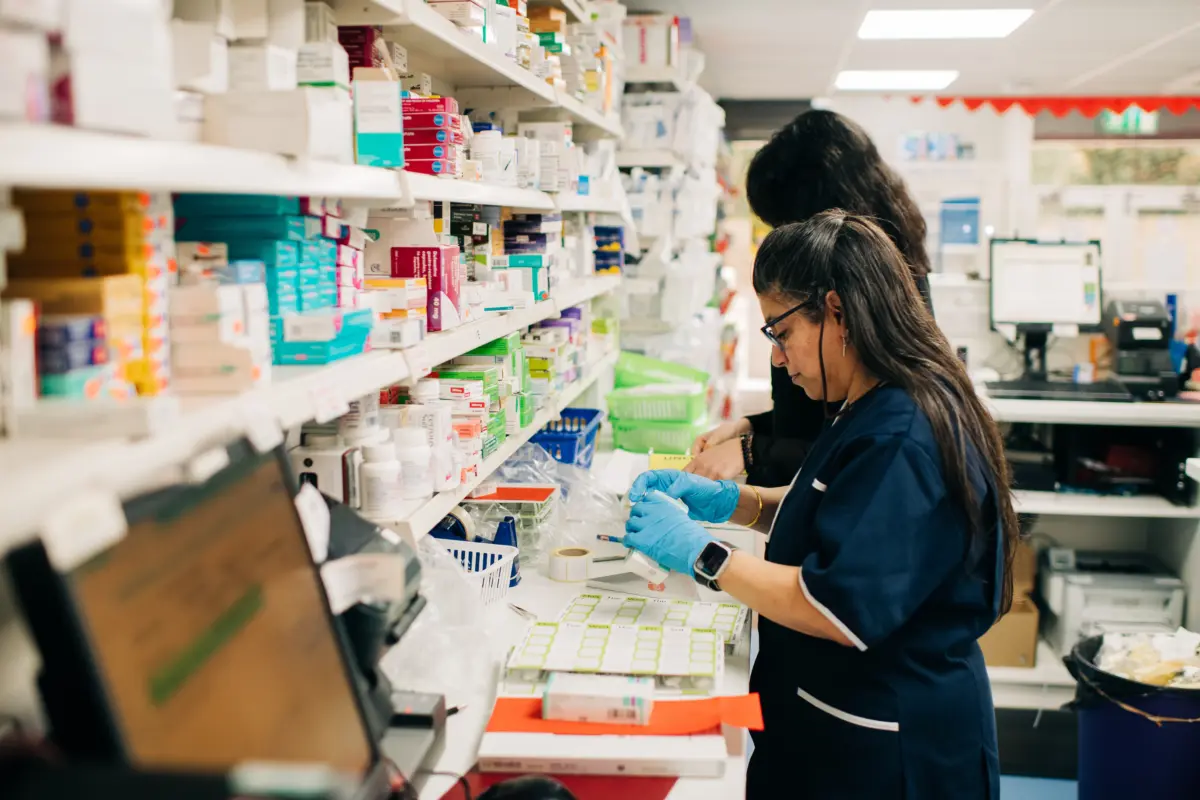HRT medicines supply: Government holds round table
Community pharmacy representatives have attended a Government meeting about disruptions to the supply of Hormone Replacement Therapy (HRT) medicines.
Following growing public concern about obtaining HRT drugs, Health and Social Care Secretary Sajid Javid convened a round table discussion with key stakeholders across the supply chain, including community pharmacy.
Manufacturers and suppliers of a range of HRT products were present, and attendees from Government included Head of the new HRT Supply Taskforce Madelaine McTernan and Women’s health minister Maria Caulfield. Representatives from across the community pharmacy sector were also called upon to share their experiences of the situation, with several PSNC Committee Members invited to attend.
Attendees discussed the work being undertaken by all sides and the measures already put in place to try and mitigate the situation, as well as reviewing what further steps could be taken.
The Department of Health and Social Care’s medicines supply resilience team are doing all that they can to alleviate any pressure on supplies. On Friday 29th April, three Serious Shortage Protocols (SSPs) were issued which prevent pharmacies from being able to dispense more than three months’ worth of certain HRT drugs at a time. This is to try and ensure equal access to treatment for as many patients as possible.
Joint statement from the Health and Social Care Secretary Sajid Javid, Head of the HRT Supply Taskforce Madelaine McTernan, Women’s health minister Maria Caulfield and manufacturers and suppliers at the round table:
“Every woman who needs hormone replacement therapy should be able to access it quickly and without hassle.
“It’s positive that awareness of HRT is increasing as it can help women manage their menopausal symptoms.
“We’re continuing to work collaboratively and transparently to meet demand and boost supply. We are looking at wider solutions – such as improving the communication between the government, manufacturers and pharmacists – and understand how the market might change to ensure demand is being met now, as well as in the future.”









